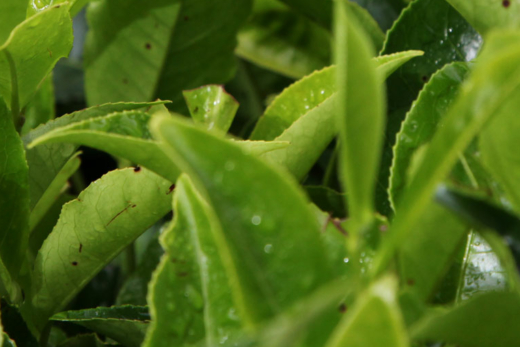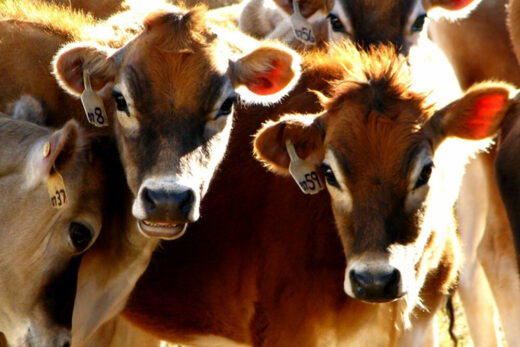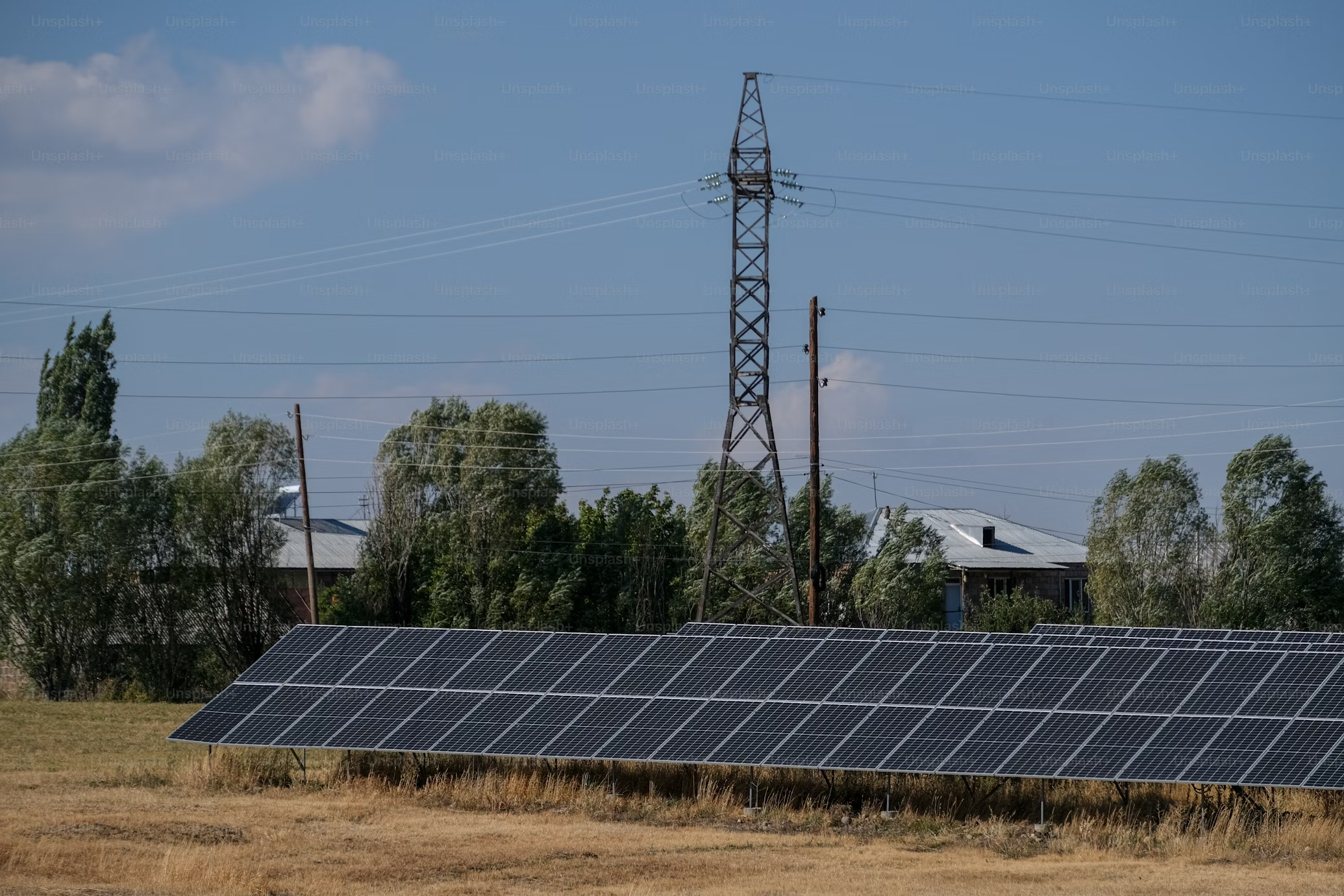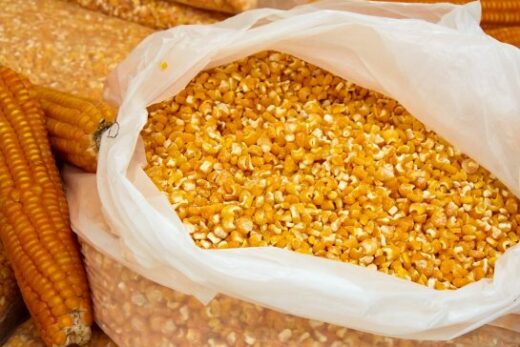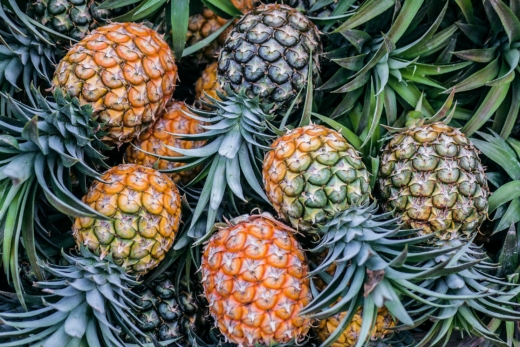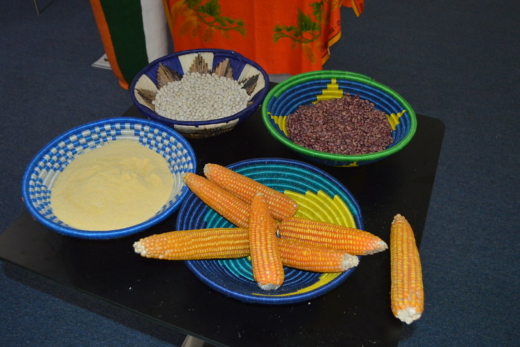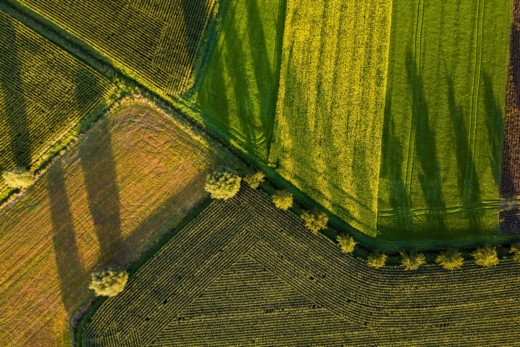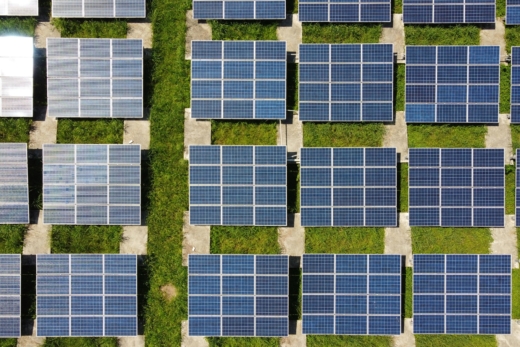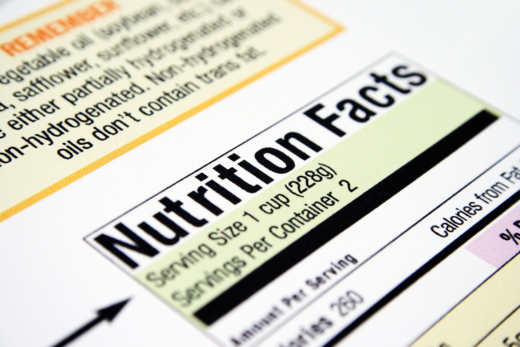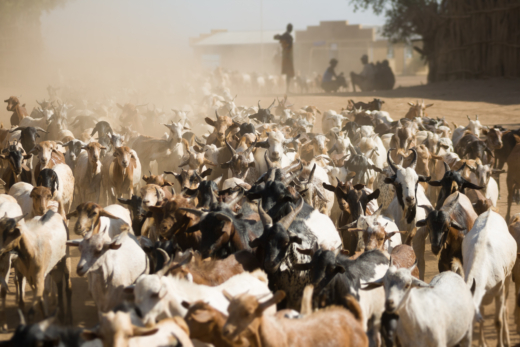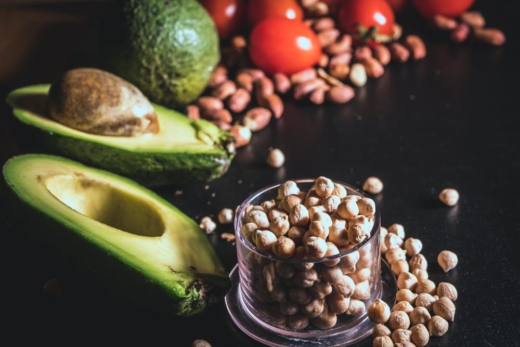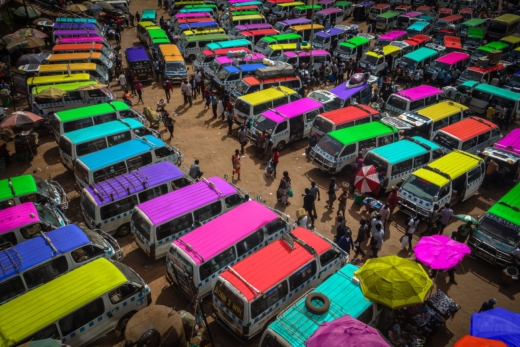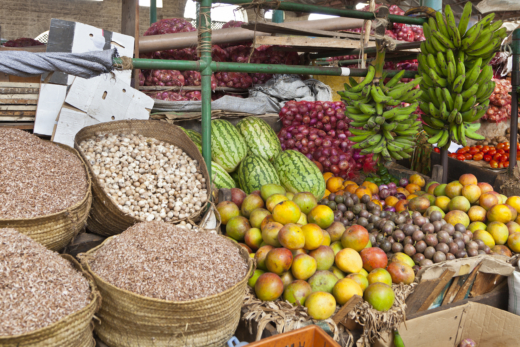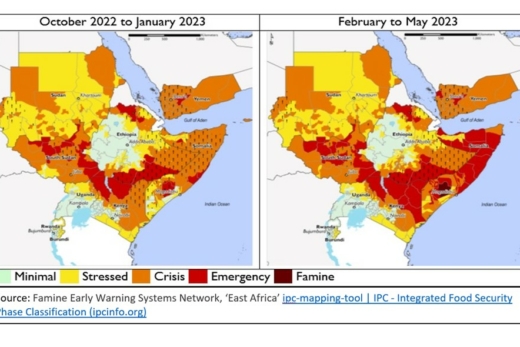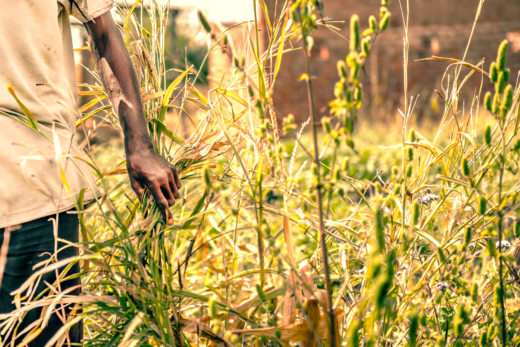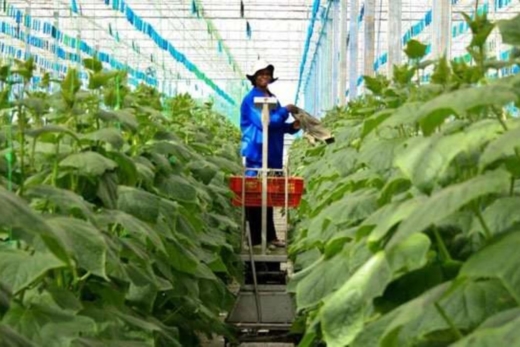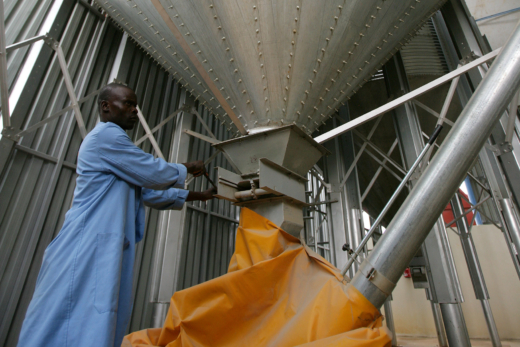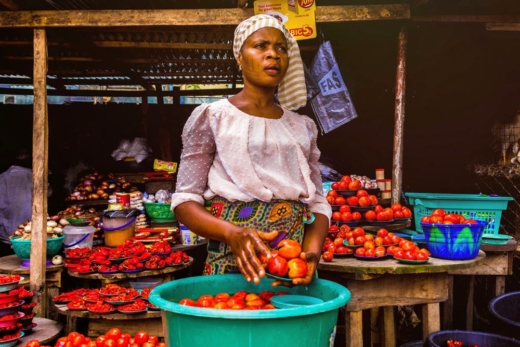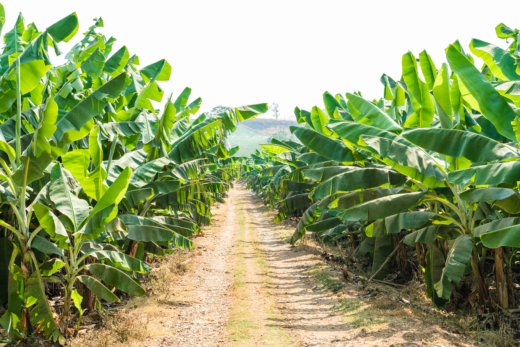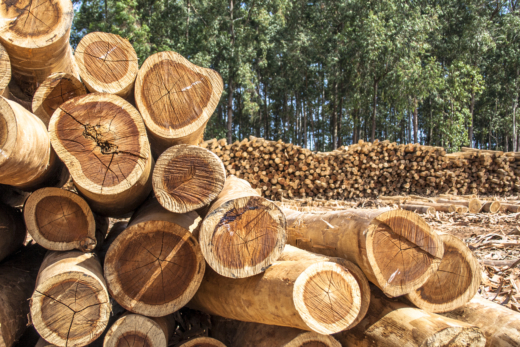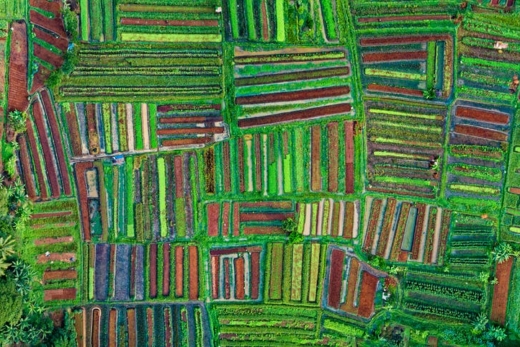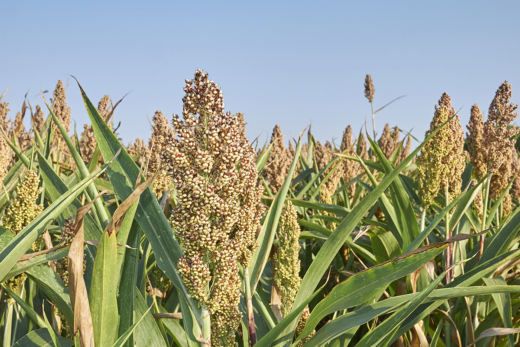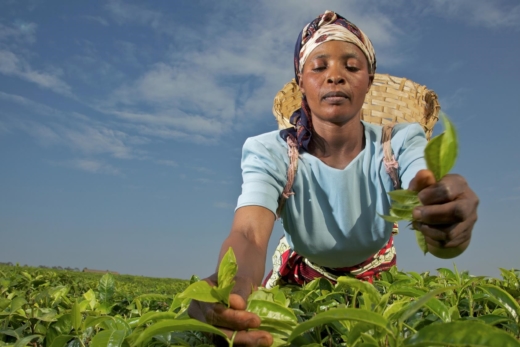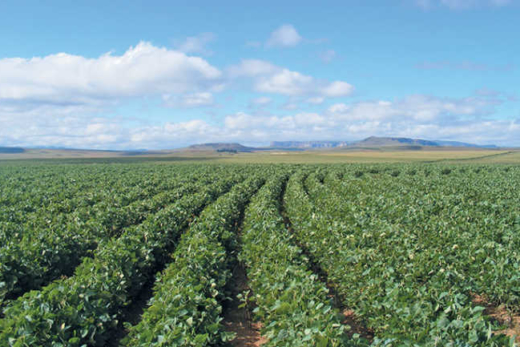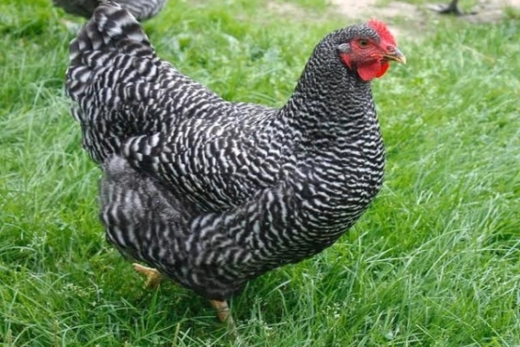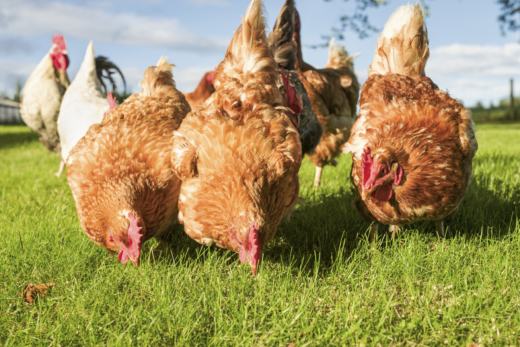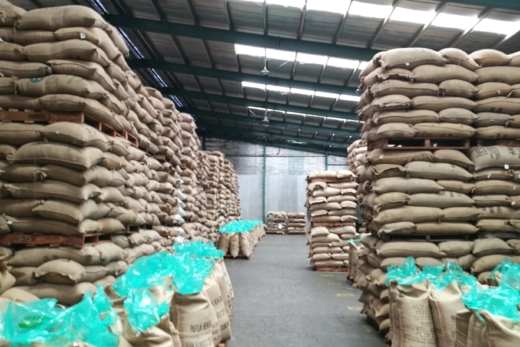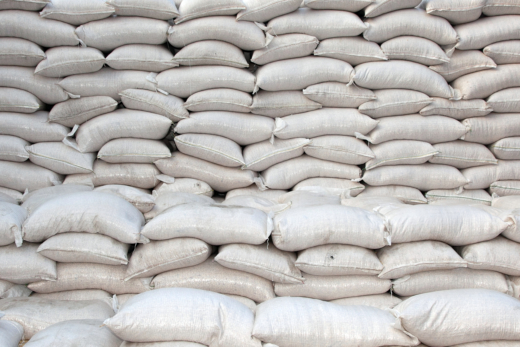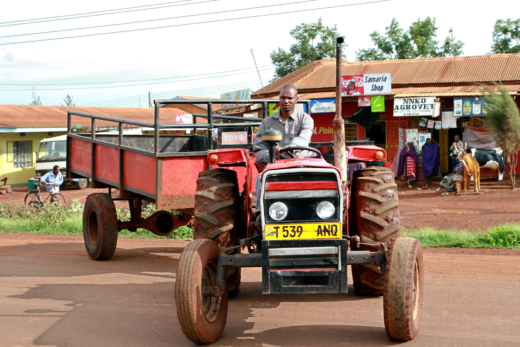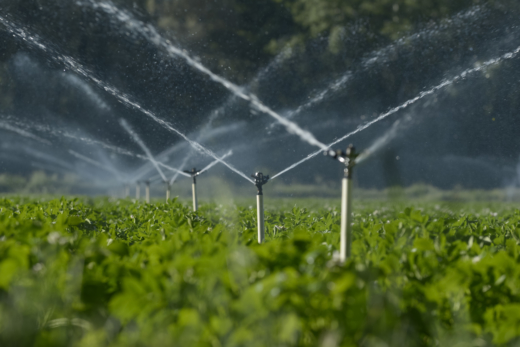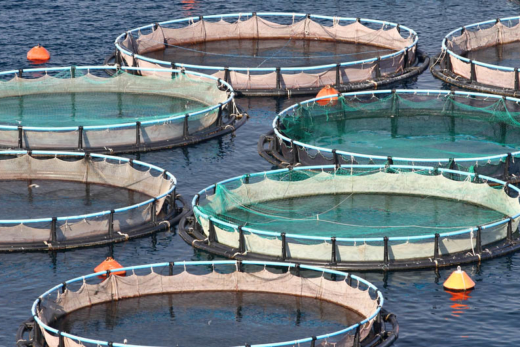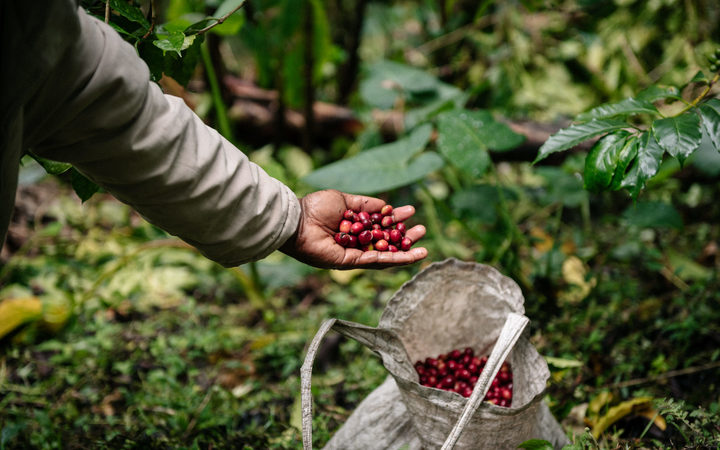
Case study
Coffee is an important cash crop for Papua New Guinea (PNG)’s economy, with around 400,000 households working in the coffee sector. Annual export returns are around AUD 148 million (US$102 million) of which 60–70% goes back to coffee smallholder households. While the global coffee market is becoming increasingly competitive, PNG coffee has faced quality issues and production has declined. PNG’s Coffee Industry Corporation (CIC) now has a ‘Tree to Cup’ policy aimed at boosting production and improving all processes in the coffee value chain. As part of this, it is considering ways to redefine PNG’s market position by differentiating PNG coffee from other origins and increasing its quality, thereby improving returns.
Aims of the project
CIC asked the Australian government’s Pacific Horticultural and Agricultural Market Access (PHAMA) programme to fund a study of coffee market opportunities. Findings were expected to inform further market development activities and complement PHAMA’s support for improving coffee roasting capacity in PNG.
What we did
Wewere asked to identify opportunities for improving volumes and price returns of PNG coffee into regional markets such as Australia and New Zealand; identify potential customers and their needs and potential demand; recommend market development actions for PNG exporters; and give advice and mentoring to those exporters during the activity.
We captured the views of most stakeholders and industry participants by holding a workshop with the Coffee Industry Working Group; meetings with producers, stakeholders and exporters; and interviews with a sample of green bean buyers and roasters in the Australian market. Together we looked at underlying causes and developed a plan of what could be addressed in the short, medium and long term to grow the PNG coffee industry – creating shared value for businesses, traders/brokers and smallholder producers.
The barriers holding back the PNG coffee sector from generating higher volumes and prices are caused by serious internal systemic issues. These are summarised as: chronic infrastructure problems, law and order breakdown in many rural production areas, lack of knowledge and training for coffee farmers, changing population demographics, competition from more profitable crops, crop disease and the effects of climate change.
In response to the market opportunities and challenges, we recommended options for reform that included the following:
Industry (and donors): Develop trade relationships with target export market importers and processors to grow export of speciality and higher value coffees, while still being able to ship full container loads out of PNG.
Industry, CIC (and donors): Study the economics of smallholder farmer coffee production margins in different areas versus competitive crops such as vegetables; develop a PNG coffee brand for benefit of multiple stakeholder; promote coffee as a business to youth using incentives; plant a large nursery (or group of nurseries); conduct a learning visit and study of a successful competitor country; continue to run and support pilots and projects to find ways of creating shared value and incentivising smallholder farmers to improve their coffee crop to improve yield and quality.
Government and CIC: Take the first steps toward reforming the export regulations and regulatory structure faced by the coffee sector; review policies relating to land tenure for smallholder coffee farmers.
Government: Consider ways of accelerating refurbishment of commercial coffee plantations.
Government and donors: Make targeted infrastructure investments to assist rural markets and transformation.
Government, CIC, industry (and donors):Work together to understand the impact of theharmful pest, the coffee berry borer, and if there are remedial actions that could help to soften the blow;conduct a feasibility and planning exercise for developing a PNG ‘Coffee Institute’.
